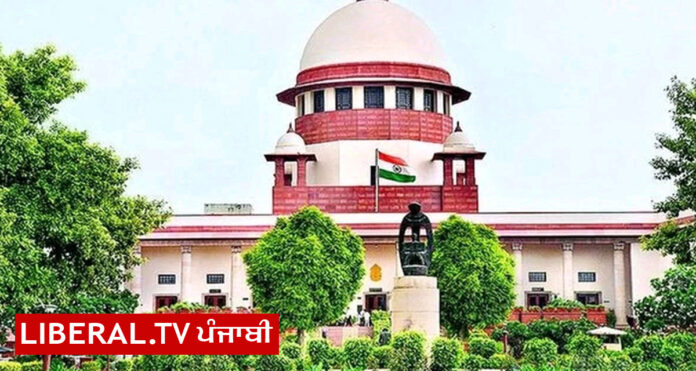A public interest litigation (PIL) petition has been filed before the Supreme Court challenging the cancellation of the NEET Super Specialty examinations (NEET SS) for 2024. The petition questions the rationale behind the decision to not conduct the NEET SS this year, which is a crucial examination for medical students aspiring for super-specialty courses.
The case was heard by a bench comprising Chief Justice of India (CJI) DY Chandrachud and Justices JB Pardiwala and Manoj Misra. The bench issued a notice on the plea and granted liberty to the petitioner to include the National Board of Examinations (NBE) as a party to the case. During the hearing, the CJI inquired about the reason for filing the petition under Article 32 of the Indian Constitution, which allows individuals to seek relief for the enforcement of their fundamental rights directly from the Supreme Court.
The advocate representing the petitioner explained to the Court that the NEET SS 2024 was cancelled to accommodate NEET PG students. “In order to accommodate NEET PG students, they are not holding the exam this year. There is a fixed timeline for such exams as per the Ashish Ranjan judgment,” he said. The Ashish Ranjan judgment established a fixed schedule for conducting these crucial examinations, and the cancellation has disrupted this timeline.
Following the advocate’s explanation, the Court issued a notice returnable next Friday, signaling the beginning of judicial scrutiny over the decision.
According to an Education Times report, the 2024 edition of NEET SS has now been rescheduled for January 2025. A National Medical Council (NMC) official cited the delay as being due to the classes for the 2023 SS batches starting in March 2024, thereby necessitating the postponement of the examination.
This issue adds to the ongoing concerns within the medical education community, which is already dealing with another significant matter regarding the leakage of the question paper for the NEET undergraduate examination. Several petitions have been filed seeking a re-examination in light of the leak. The Supreme Court is set to conclude the hearing on that case on July 22.
The decisions surrounding the scheduling and integrity of these examinations are of immense importance to the medical community, as they directly impact the careers and future prospects of thousands of aspiring doctors. The outcome of these legal challenges will be closely monitored by stakeholders in the education sector, particularly those involved in medical training and administration.



